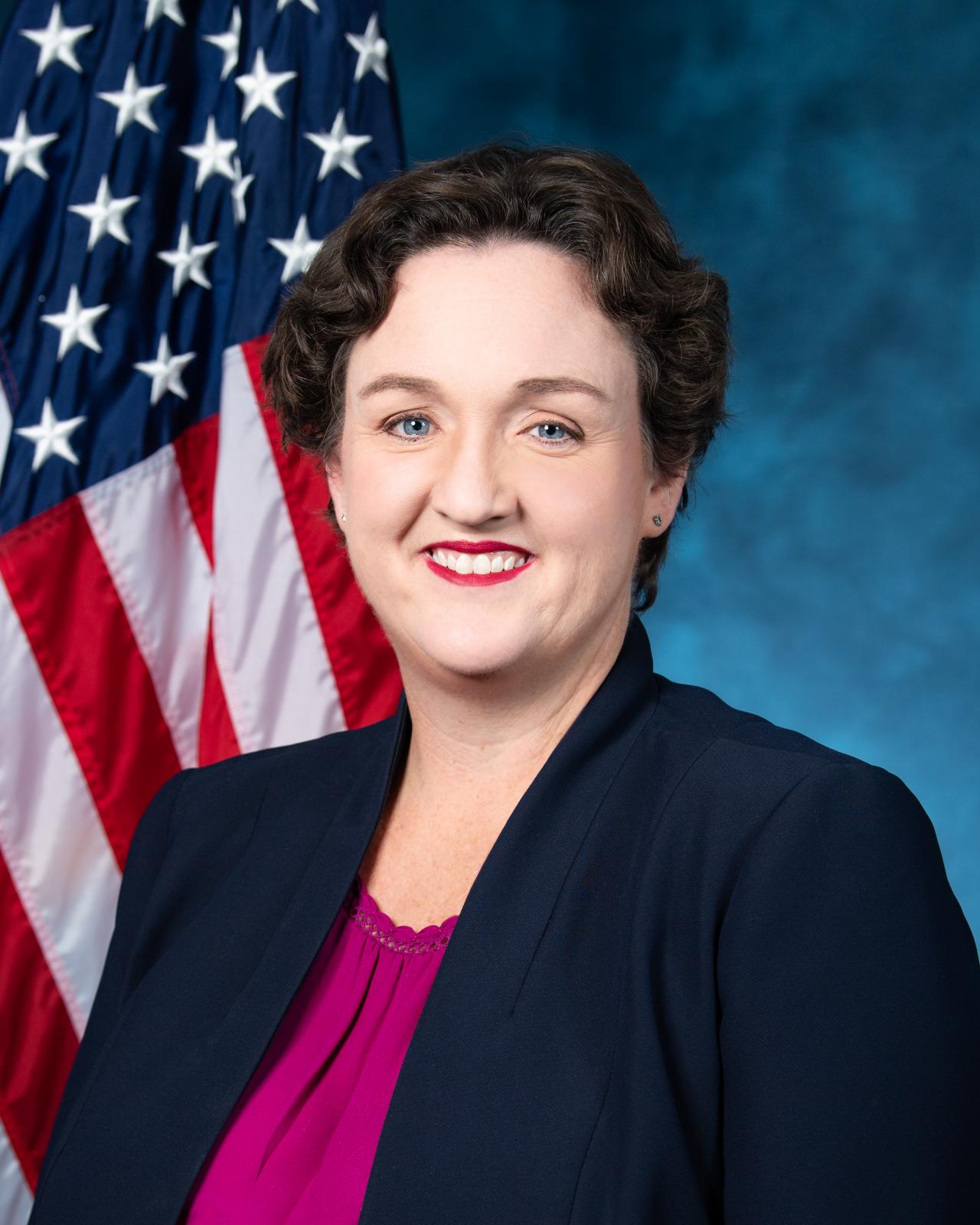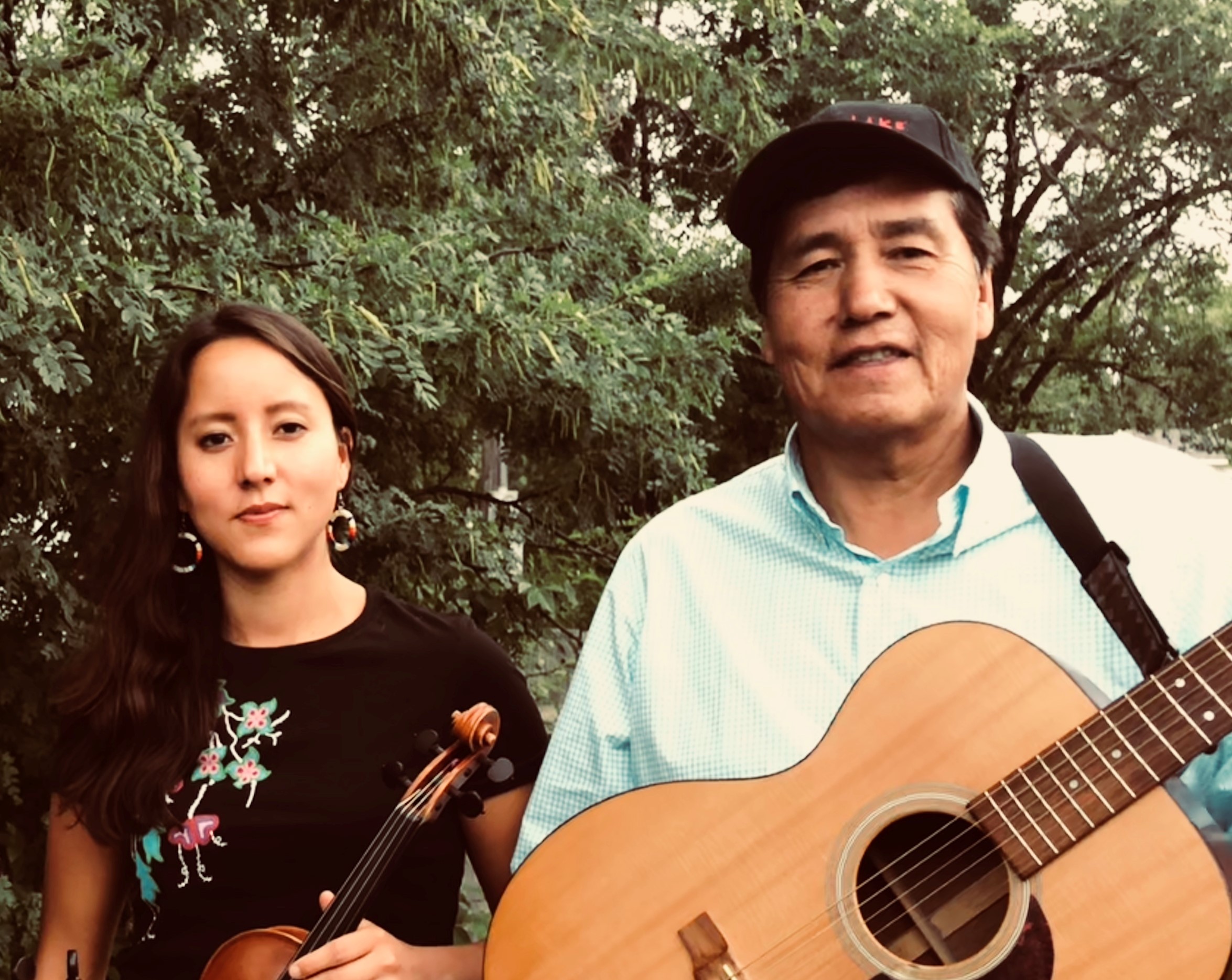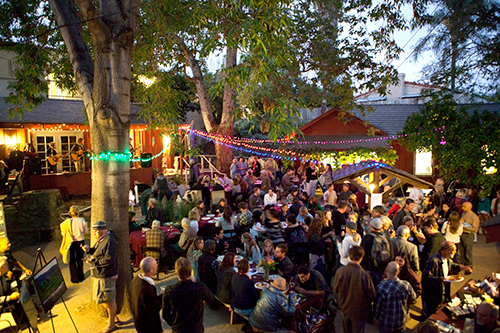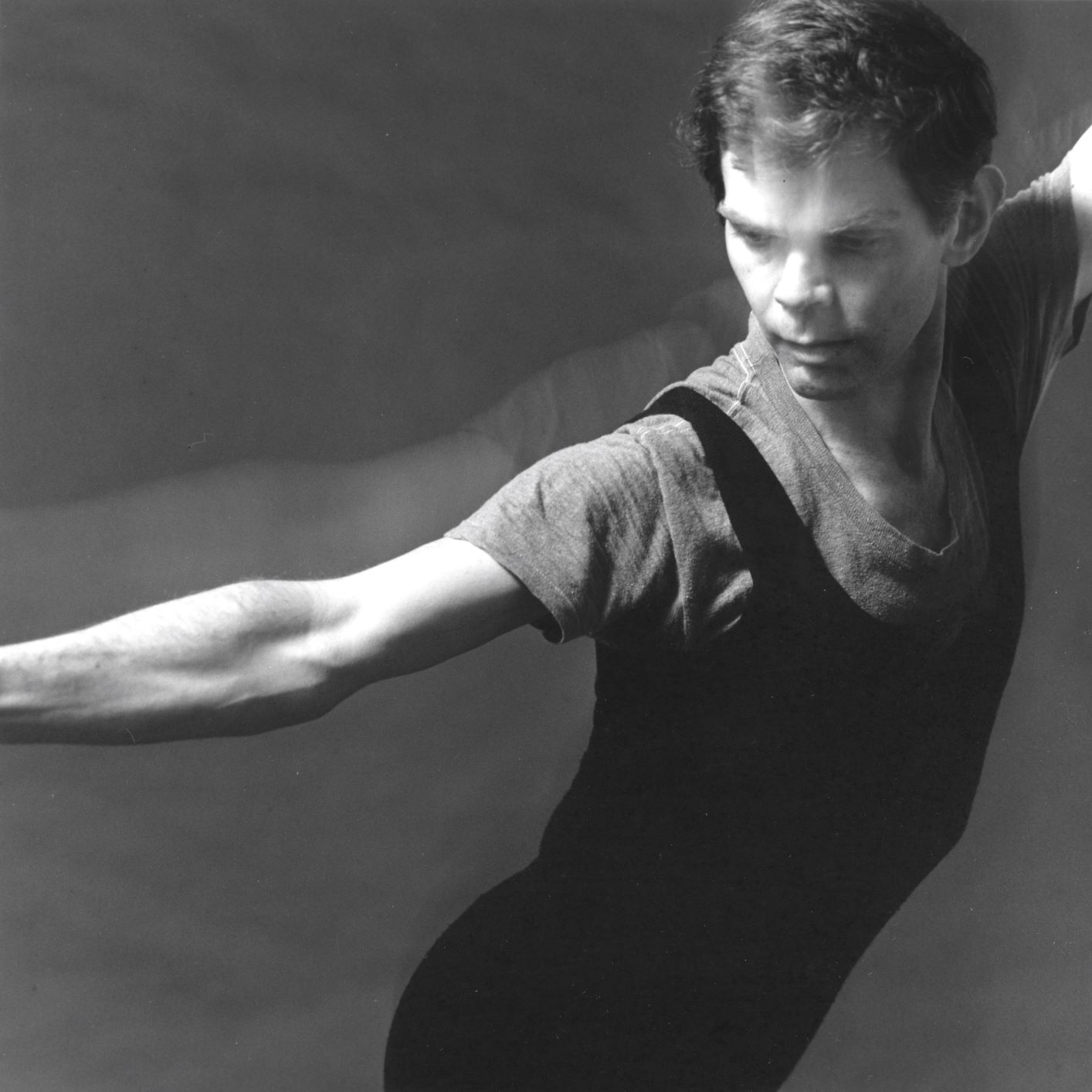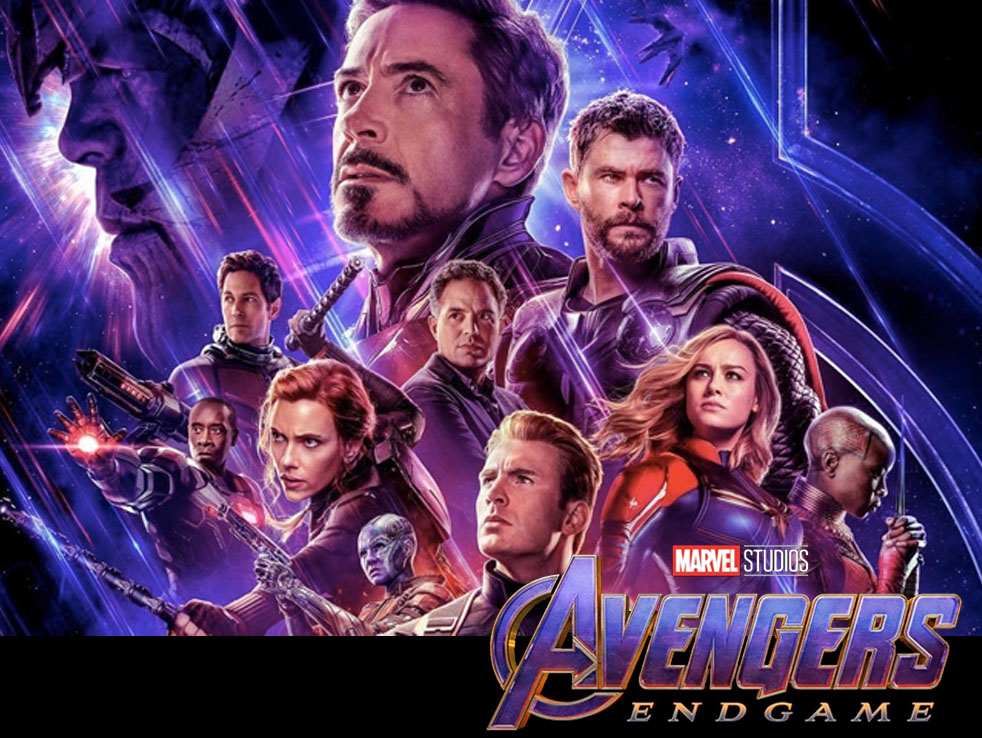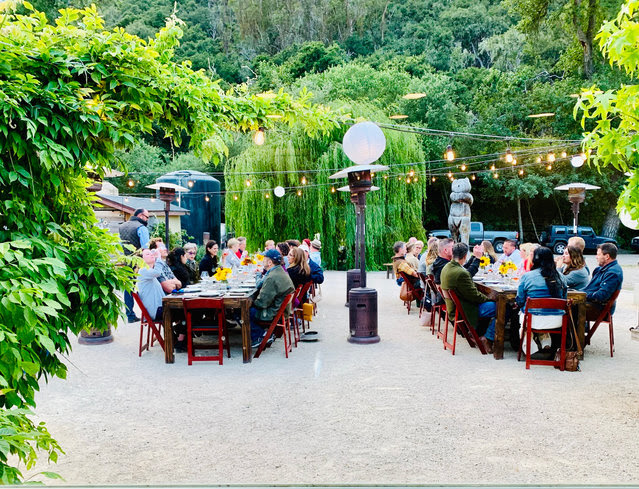A Two-Part Seminar at the Institute of World Culture, 1407 Chapala Street, Santa Barbara, CA, Saturday, October 12, 1-5 PM
Part 1: Challenges for the Survival of the Modern Economy
Presenter: Peter Gibson Friesen
A wide-ranging analysis of the serious and deep problems that threaten the survival of the modern economy will be offered in this talk. Disruptions, displacements and disparities such as uncertain economic growth, unproductive capitalism, misplaced resource development, extreme inequality of wealth, automation, underemployment, uncertainties in global trade, energy shortages and climate change suggest critical questions. Is there is a danger of slipping back into a feudalistic economy based on coercive loyalty systems? How could a transition to vital, cooperative economies be promoted? How could an economy fully based on renewable energy and a balanced environment be developed? How could a fresh commitment to constitutional rules and beneficial public policy norms energize investment in a healthy economy? These and other questions may be considered by Peter Friesen, a legal and organizational theorist and a distinguished practicing attorney. He has been designated as one of the ten top attorneys in presenting complex issues to juries. The two books on economy, law and organization that he has written provide prescient insights for public debate. Peter has J.D. and M.P.A. degrees and a B.A. from Williams College. Questions from attendees will be encouraged.
Part 2: Revisiting the Vision and Values of Buckminster Fuller
Presenter: Gary Milliken
Looking back to the values and proposals of a visionary who anticipated the social and economic needs only now being recognized, is a way of discovering creative possibilities for change. Audio-visual archives will help bring out memories of innovative architecture and exciting propositions for changing life-styles and social norms. Listening to this dynamic visionary inspires hope for common-sense transformation. What challenge for change does Buckminster Fuller offer us today? How can Fuller’s ideas contribute to the health of the modern economy? Discussion will be encouraged.
Gary Milliken’s long-standing interest in the ideas of Buckminster Fuller was stimulated in 1964 by a Time magazine cover. He volunteered at the Buckminster Fuller Institute in Los Angeles and joined the staff when the Institute moved to Santa Barbara. Gary earned a B.A. in Environmental Studies at U.C. Santa Barbara.




